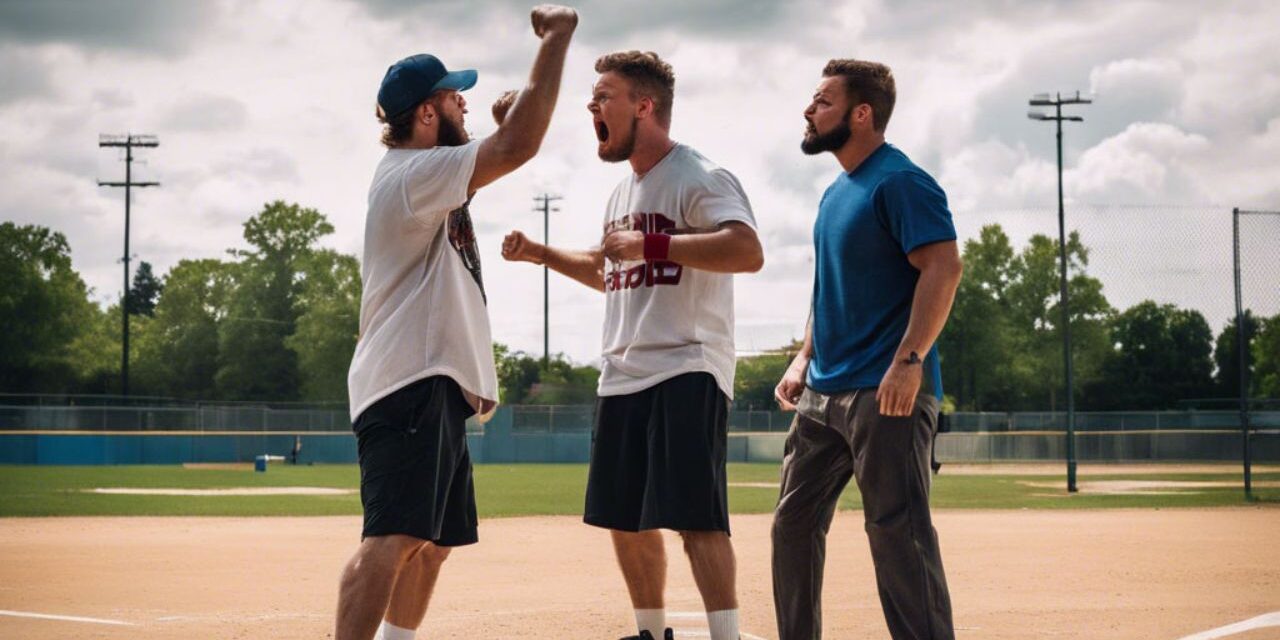Following a coach from the other team to the parking lot to try and fight them is so 1980s.
Youth sports are meant to be a time of fun, learning, and personal growth for young athletes. Yet, increasingly, the sidelines and parking lots of youth sports venues are becoming battlegrounds, not just for the players on the field but for parents who take their competitive spirits to unhealthy extremes. This troubling trend is becoming particularly evident in youth softball, where the behavior of some parents is spiraling out of control. It’s time to step back, reevaluate, and do better for the sake of our children.
Imagine this scenario: a youth softball game has just ended, and instead of the players shaking hands and celebrating their hard work, the focus shifts to an angry parent threatening an opposing coach in the parking lot. Such incidents are becoming alarmingly common. Wanting to fight a coach over a perceived slight or a game decision is inappropriate and sets a terrible example for impressionable young athletes.
Parents must remember that youth sports should never incite such anger. The stakes are not high enough to justify such extreme reactions. A $10 trophy or ring, which can be bought at any store, should not be the source of such intense emotion. These trinkets are symbols of participation and effort, not life-and-death matters. We do understand the amount of time and money parents invest, but assaulting someone probably means it was all for nothing.
Our society is grappling with a curious dichotomy regarding youth sports. On the one hand, we criticize the culture of overprotectiveness, arguing that it makes our children soft and ill-prepared for the real world. On the other hand, we witness parents losing their minds over inconsequential games, willing to throw down over a pool game at a showcase late at night. Neither extreme is healthy or beneficial for young athletes. The irony is that sometimes, the same parent who condemns aggression tends to be the one who gets worked up.
Showcases, meant to highlight talent and provide exposure to scouts, are particularly ill-suited for such outbursts. These events should focus on the players’ skills and potential and not be marred by the disgraceful behavior of overzealous parents. It’s a simple yet important reminder: showcases are not the place for physical confrontations or heated arguments.
Youth sports should be a joyous and educational experience, fostering a love for the game and teaching valuable life lessons. However, the rise of overzealous parents is tarnishing this experience for many young athletes. By promoting sportsmanship, enforcing consequences for bad behavior, and focusing on the athletes, we can create a healthier, more positive environment for youth sports. Let’s all take a step back, chill out, and let the kids do what they love—play the game.







